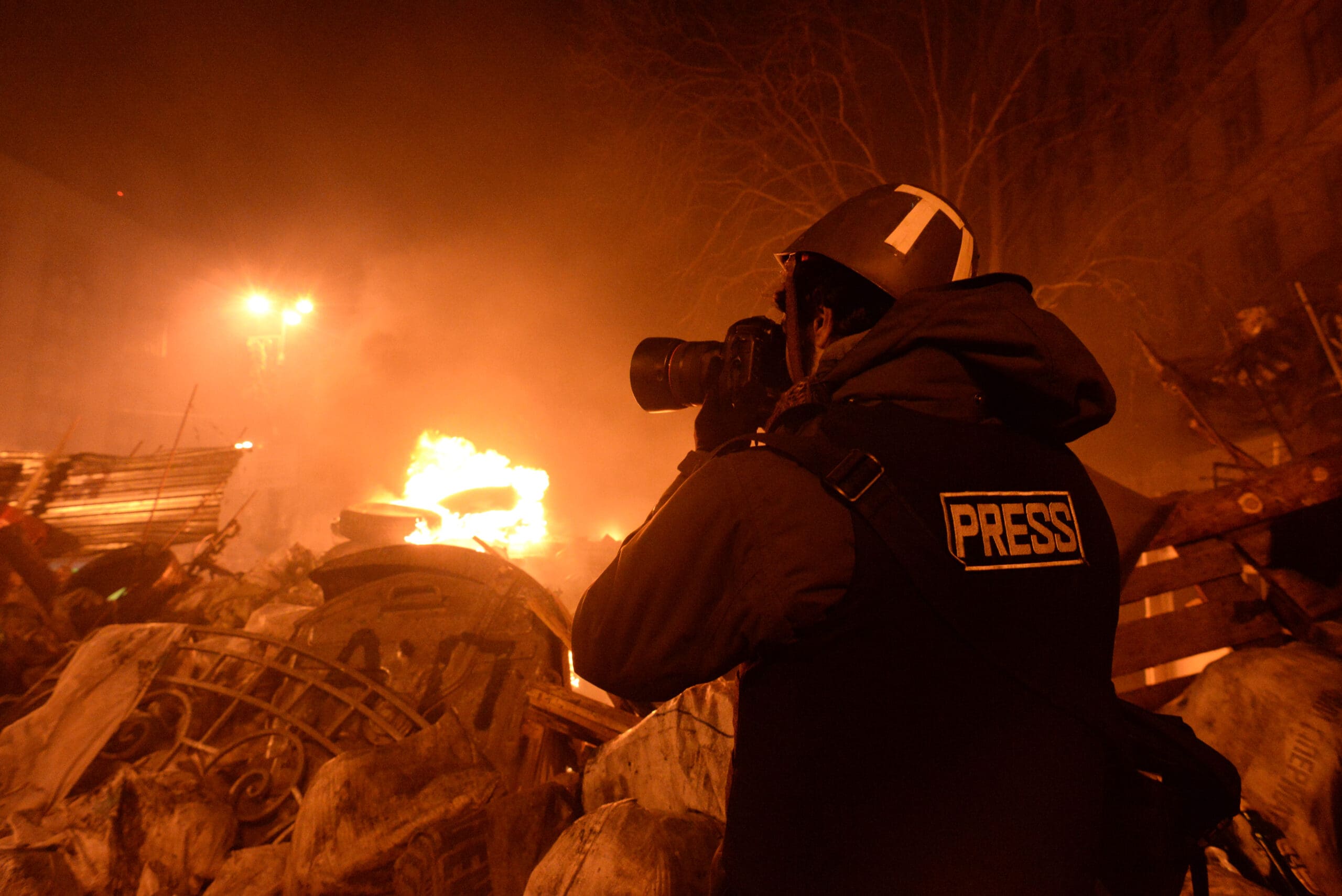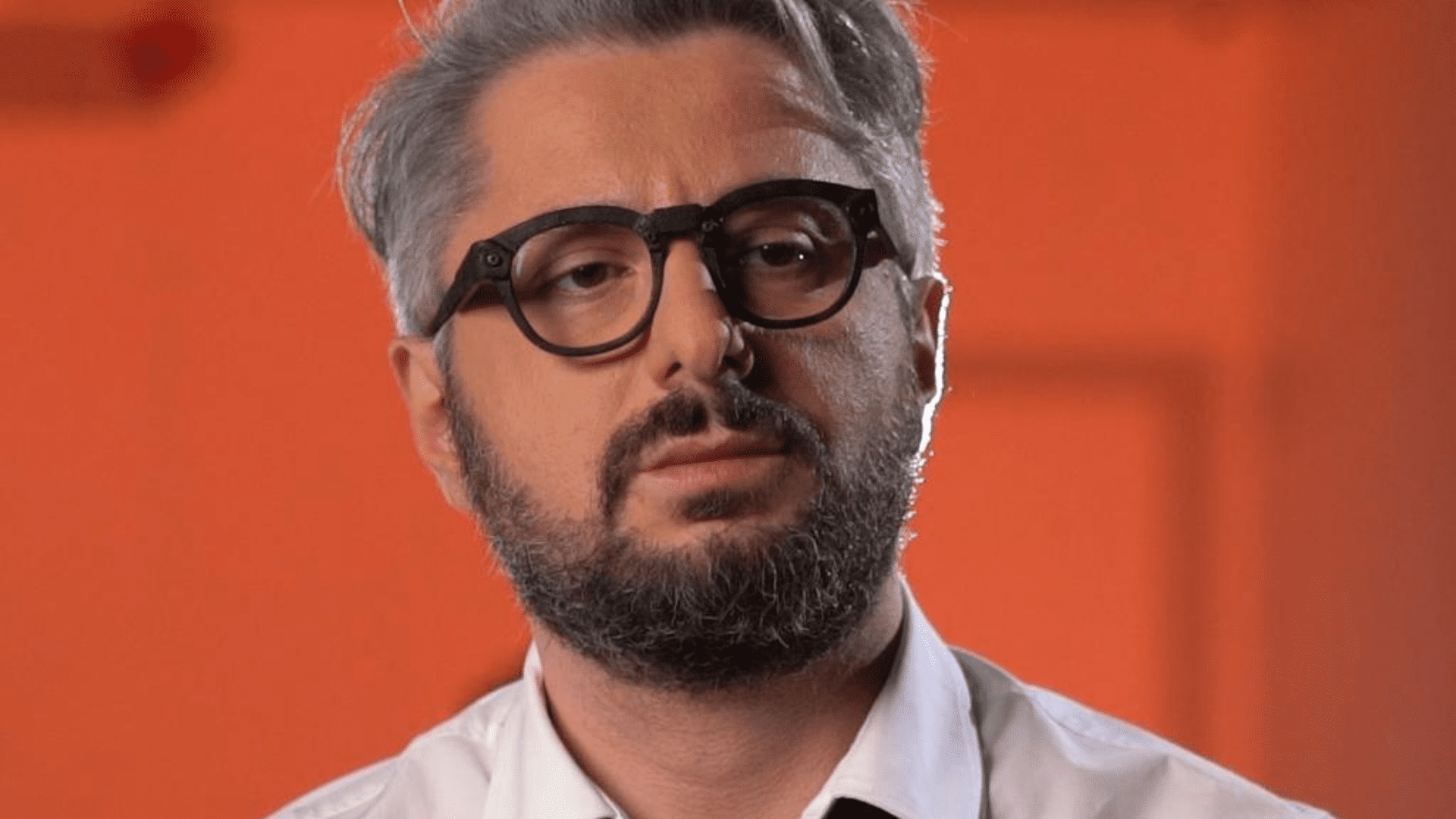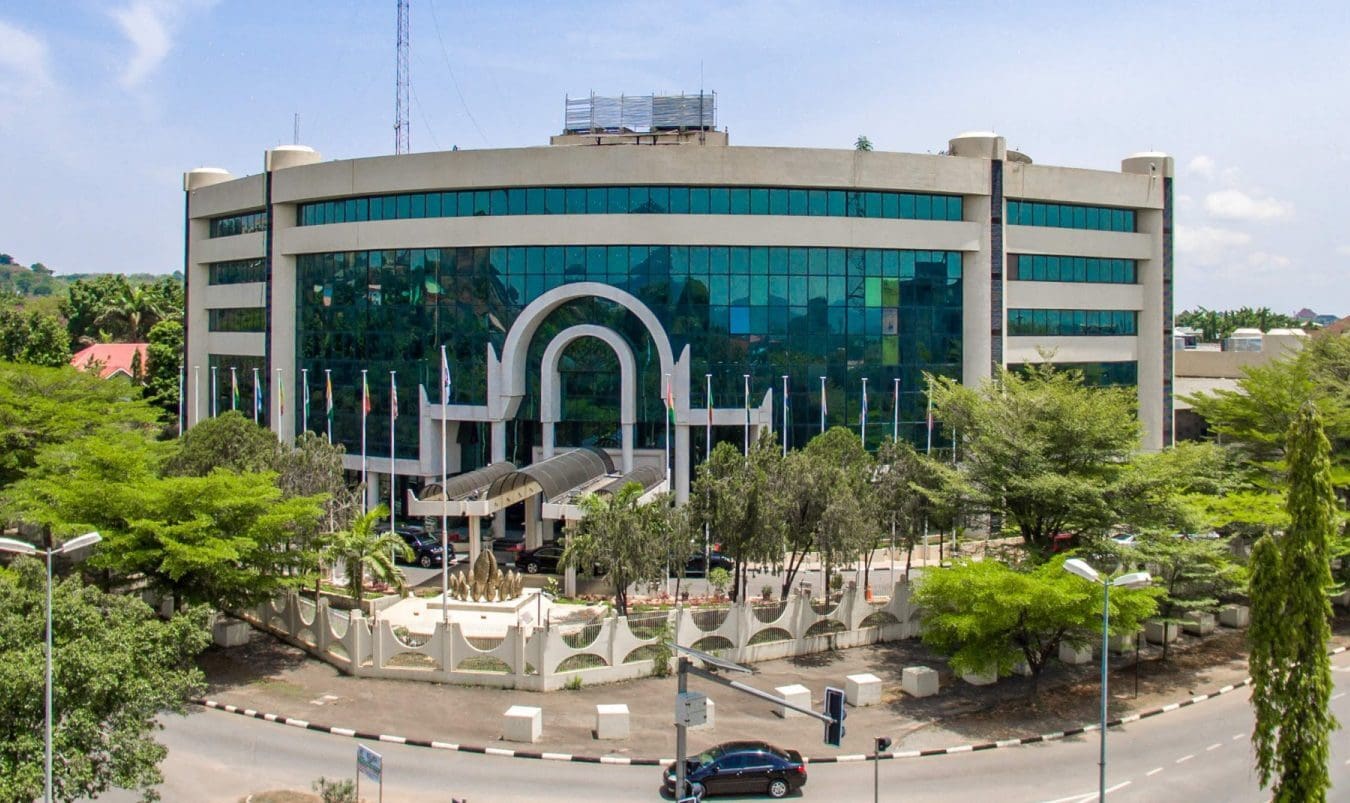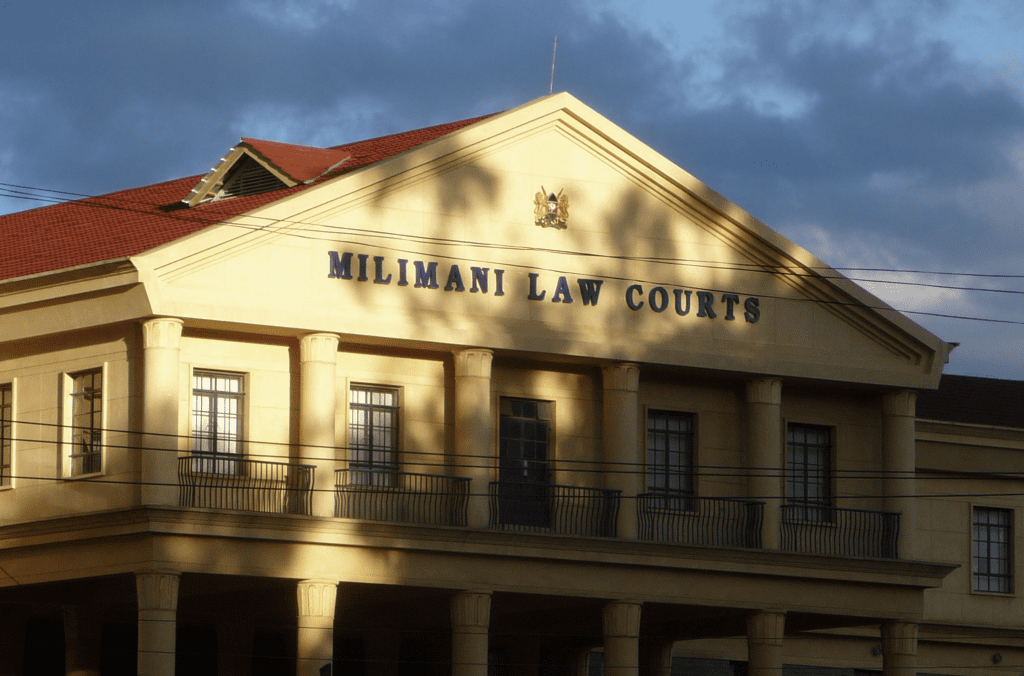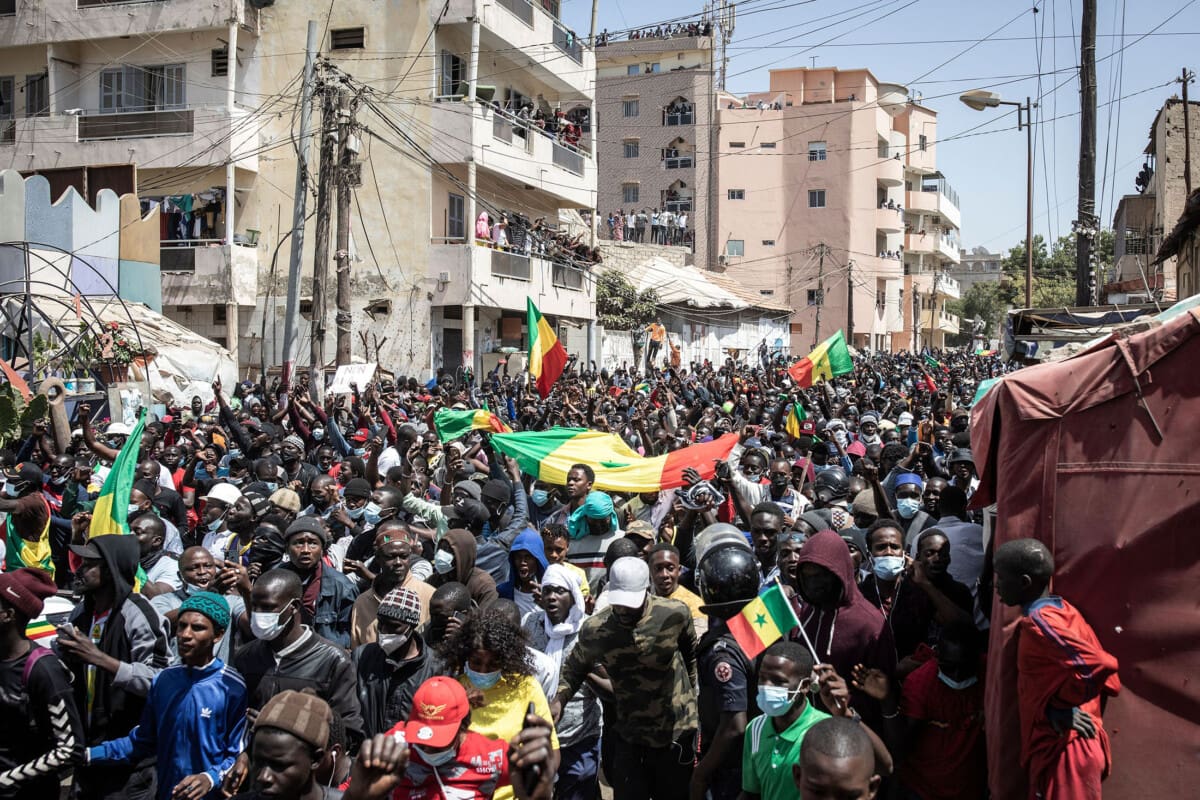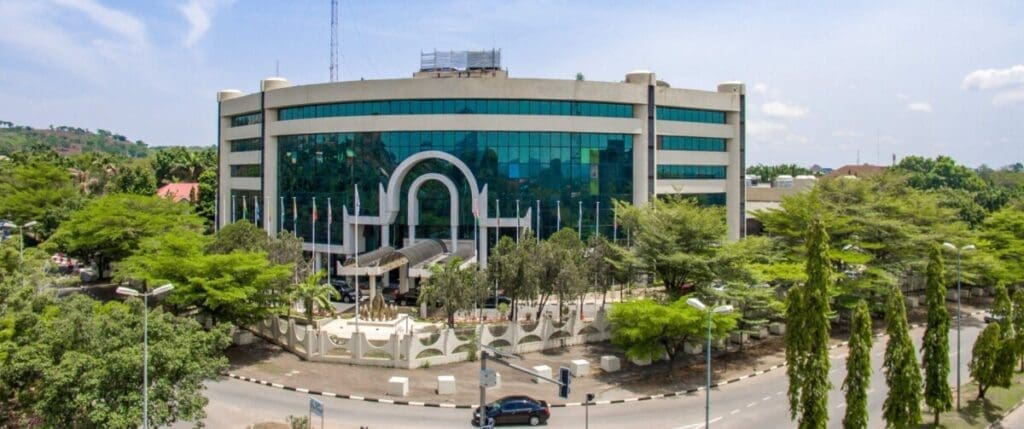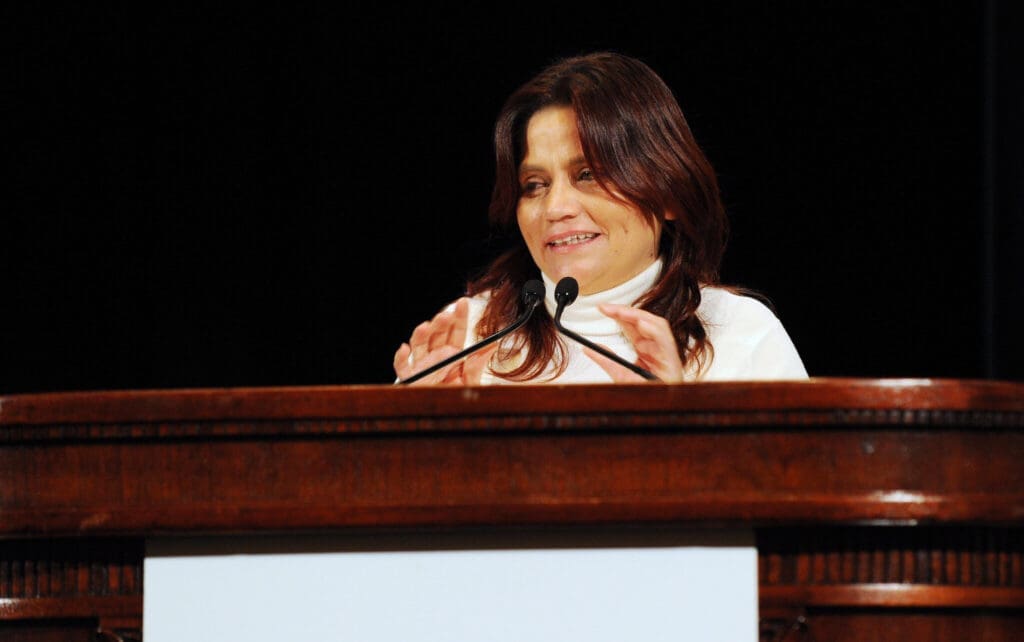CLOSE
European Implementation Network
We work with the European Implementation Network (EIN) in their project focused on safeguarding freedom of expression in the Council of Europe member States. As a participant to this project, we are dedicated to promoting this fundamental right and the effective implementation of the relevant judgments of the European Court of Human Rights, as well as to advocating for reforms aimed at effectively protecting free speech.
Strategic Litigation News
See AllLandmark Ruling: Kenya’s High Court Declares Colonial-era Subversion Laws Unconstitutional
Media Defence welcomes the verdict of the High Court in Nakuru, striking down sections of the Kenyan Penal Code which criminalise subversion, citing them as relics of colonial oppression that curtail freedom of expression. Justice Samwel Mohochi, delivering the judgment, asserted that these provisions were overly broad and vague, stifling dissent rather than serving any…
UN Rapporteurs Call for Protection of Brazilian Journalist Schirlei Alves
UN Rapporteurs Call for Protection of Brazilian Journalist Schirlei Alves Amid Defamation Charges Stemming from Rape Trial Coverage A letter dispatched by UN rapporteurs to the Brazilian Government calls for protective measures for women journalists covering cases of sexual crimes. The letter also denounces the conviction of Brazilian investigative journalist and women’s rights defender, Schirlei…
Media Defence et l’Impact Lab pour l’Etat de droit de Stanford Law School saisissent la Cour de justice de la CEDEAO contre les coupures d’internet ordonnées par l’Etat sénégalais
Le recours au nom d’AfricTivistes et de deux journalistes sénégalais vise à obtenir des mesures provisoires pour empêcher de nouvelles coupures d’Internet READ IN ENGLISH Dakar, le 13 février 2024 - Media Defence et le Rule of Law Impact Lab de la Stanford Law School ont déposé un recours devant la Cour de justice…
Media Defence and SLS’s Rule of Law Impact Lab File Case Before ECOWAS Court Challenging Senegal Internet Shutdowns
Filing on behalf of AfricTivistes and Two Senegalese Journalists Seeks Interim Measures to Prevent Internet Shutdowns. READ IN FRENCH Dakar, February 13, 2024 – Media Defence and the Rule of Law Impact Lab at Stanford Law School have filed a lawsuit before the Community Court of Justice of the Economic Community of West…
Claudia Julieta Duque: Ex agente del DAS condenado por torturas a periodista colombiana
Durante años, la periodista Claudia Julieta Duque fue sometida a una prolongada campaña de tortura psicológica a manos de la extinta policía secreta colombiana, el Departamento Administrativo de Seguridad (DAS). Desde 2001, Duque se enfrentó a una persecución implacable, desde el secuestro hasta la incesante invasión de su intimidad, pasando por la vigilancia ilegal de…
Claudia Duque: Former DAS agent convicted for torture of Colombian journalist
For over two decades journalist Claudia Duque was subjected to a prolonged campaign of psychological torture at the hands of the now-defunct Colombian secret police, the Department of Security (DAS). Since 2001, Duque faced relentless persecution — from kidnapping to the ceaseless invasion of her privacy, encompassing illegal surveillance of phone calls, emails, and bank…
